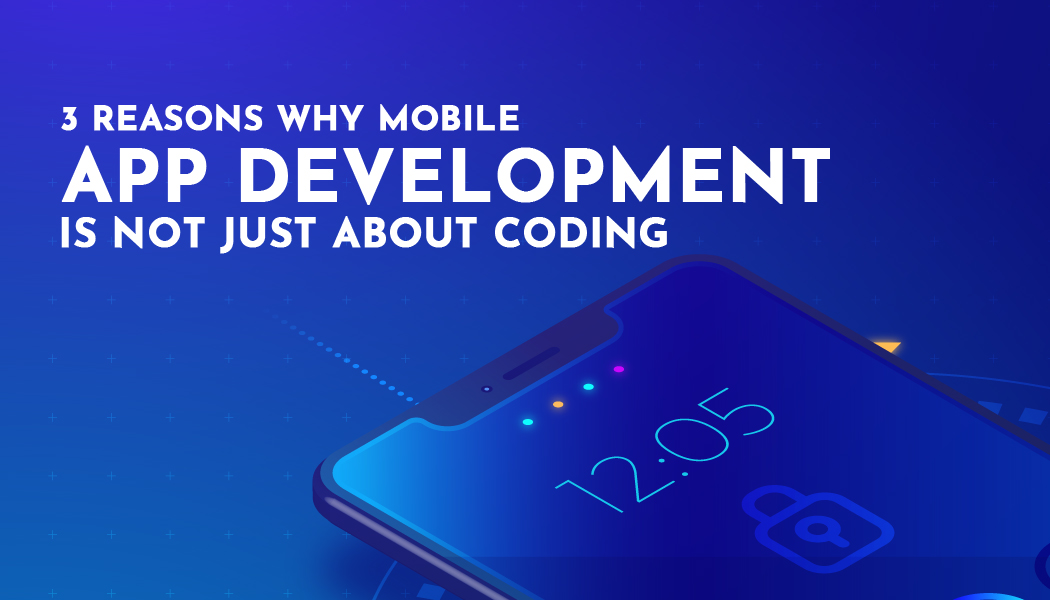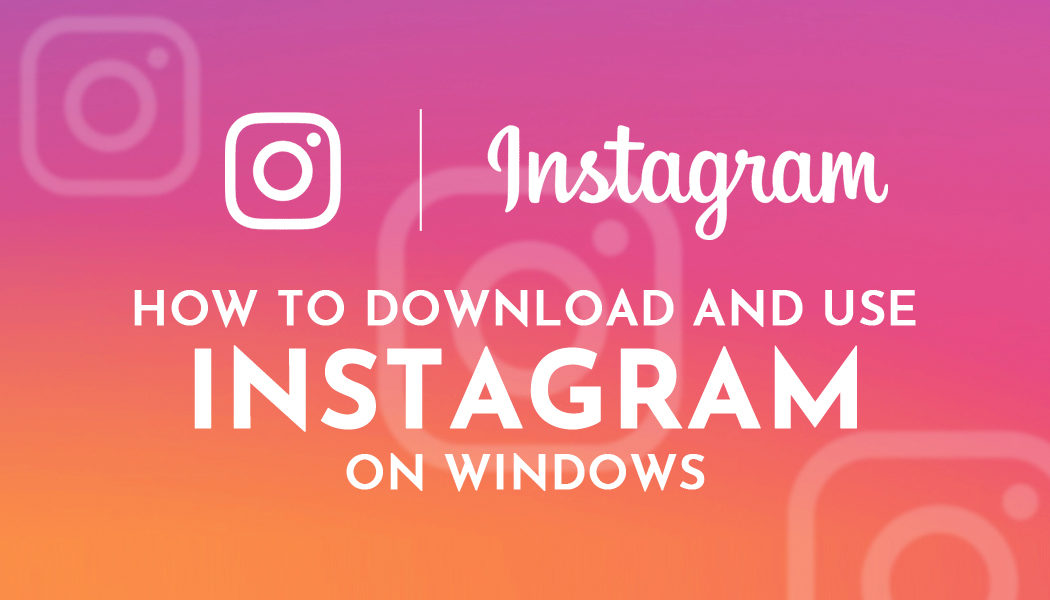3 Reasons Why Mobile App Development is Not Just About Coding
Writing codes when developing a mobile app is not enough—it will never be. Why? The premise behind it is straightforward: a mobile app embodies the brand and all it entails. And thanks to the developers working in-house at the leading digital marketing agency in the Philippines or as a freelancer, the app enables a more convenient and comfortable life.
These developers code, but they also need to understand the nature of the business and its target users to build an application that does its intended purpose.
Coding refers to the process of creating commands that the computer understands and interprets into useful information and subsequently, actions. Coding also enables the creation of a website, software, and application.
Coding, thereby, is a specialized skill. However, the process does not exist in a vacuum wherein its importance affects that of everything around it.
Here are the reasons why mobile app development is bigger than the pile of codes created along the way.
1) A mobile app is the extension of the business
An app has multiple roles. First, it can be an internal depository where the sales department may store all its inbound marketing activities. Second, the app may be customer-facing, where users may collect their shopping points and rewards. Third, the mobile app can be the go-to portal of people looking for information on new restaurants to try.
Regardless of what the app may be about, bottom-line, it is a tool that the business uses in providing value to the customers (internal and external) and the general public. And that’s the beauty of having an app—creating something that branded yet designed beautifully and true-to-specifications.
Since you may integrate features that the users will love, the higher the engagement will be. Prospects who interact with the app consistently are more inclined to make a purchase. This is called effective frequency in marketing and advertising lingo. A prospect needs to see brand-related materials at least 20x before finally purchasing the product or availing the service.
Before any coding may occur, though, business analysis is required. Through this, the requirements and specifications may be reflected seamlessly in the codes. Formalizing the ideas, mainly the functions and features of the app, is the necessary next step.
2) A mobile app is the point of convergence
Between the company and its target market or users, that is, regardless of whether the majority of them use Android or iOS devices. The mobile app is the meeting point, where the exchange of information occurs.
Modern brands emphasize the necessity of communication wherein no department or unit must exist in silos or the need to build a community around the brand and its products and services. The entire mobile app initiative is built around such emphasis to improve engagement at all points and levels applicable.
All these won’t happen if the mobile app is not doing what it should—lagging the entire time the user is navigating on it or crashing down when an icon is tapped. Put simply, these are the bugs that rob the users of the right experiences when using the mobile app.
Aside from clean codes that should also be assessed, quality assurance is also integral to the mobile app development process. It is the reliability of the app in line here, as well as the reputation of the brand. That when it consistently dies down, the company would be eventually known for reneging.
3) A mobile app is a forward-thinking approach
Standing out from the competition or cultivating brand loyalty takes a great deal of courage—and robustness and scalability. Firms, big or small, must think of the present and the future, in terms of how they can be of help to the target customers to remain relevant and profitable.
A mobile app can only do so much, but it is the brand’s commitment to investing in and for the future. This is especially true for sustaining its impact on the customers. The immense marketing noises - from pop-ups to interruptive ads on videos - can quickly lose that impact.
Speaking of which, the mobile app is the direct marketing channel. An app is not only a place to learn about the product but more so for knowing exclusive sales and promotions. As such, a push notification that reminds the customer about your products and services may eventually lead to direct interactions.
The bottom-line is creating sincere and genuine connections with your customers and prospects now, so they stay with the brand and advocate it eventually. A mobile app may not necessarily save the business amidst chaos but it can certainly give the people the impression that you are just a tap away. You are always visible to the customers and may lead to developing top of mind brand awareness.
In essence, it requires developing an app that has the right UI/UX elements. Coding may be the actual start of the development. However, the design phase must not be undervalued because this is where everything is pieced together, providing a seamless experience while using the app. If the app doesn't have the function the customer expects from it, it won't succeed in the market.




